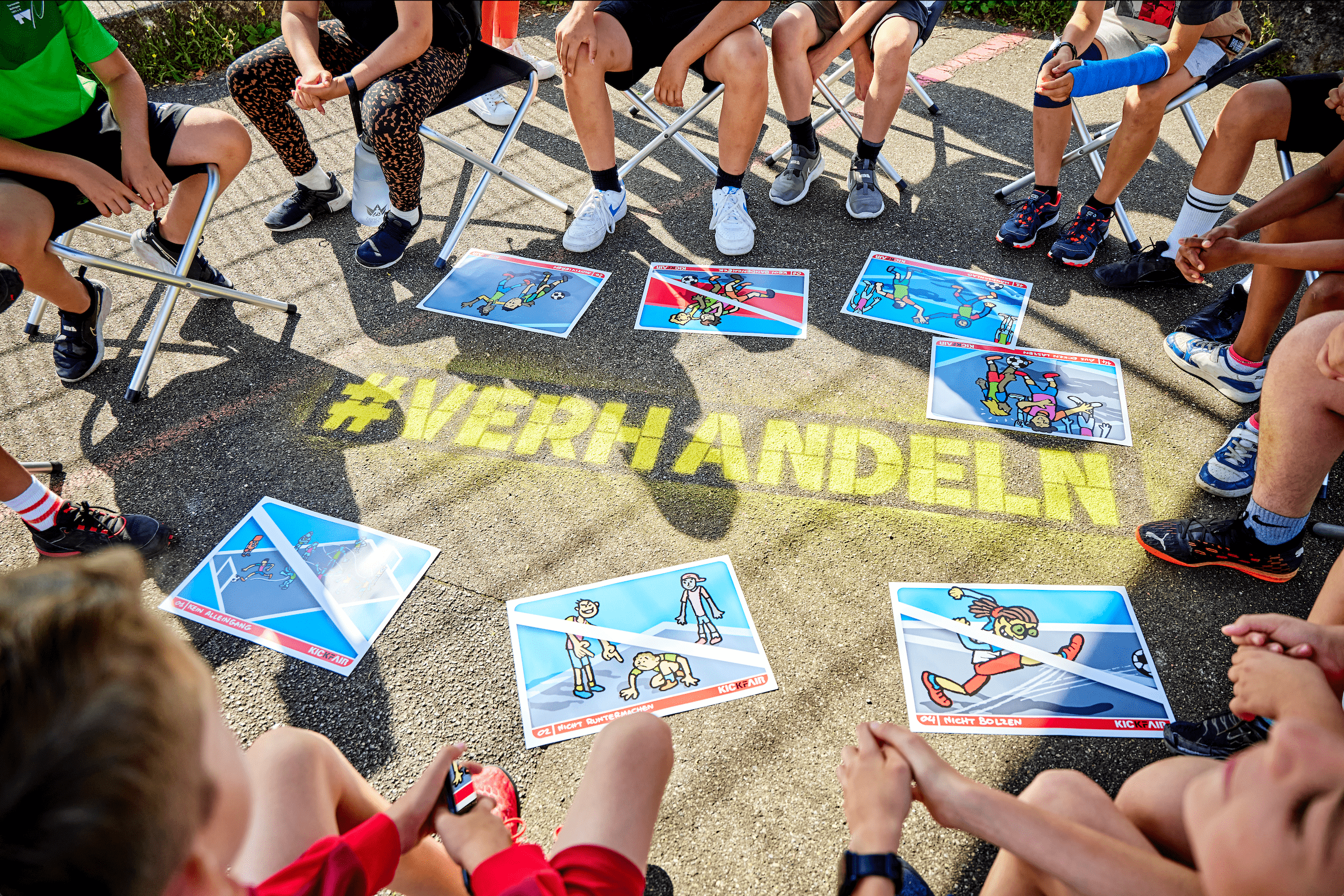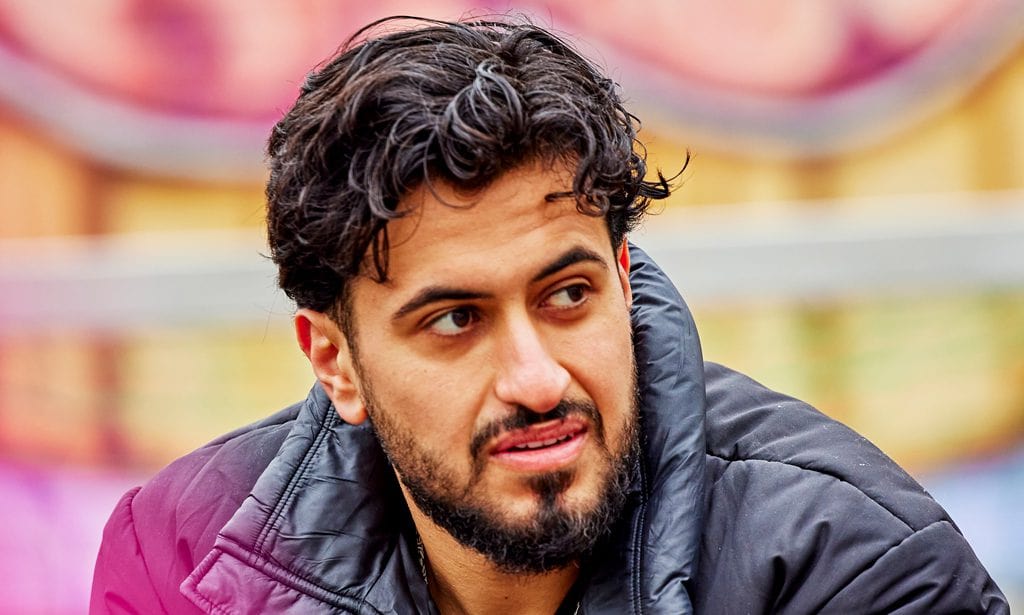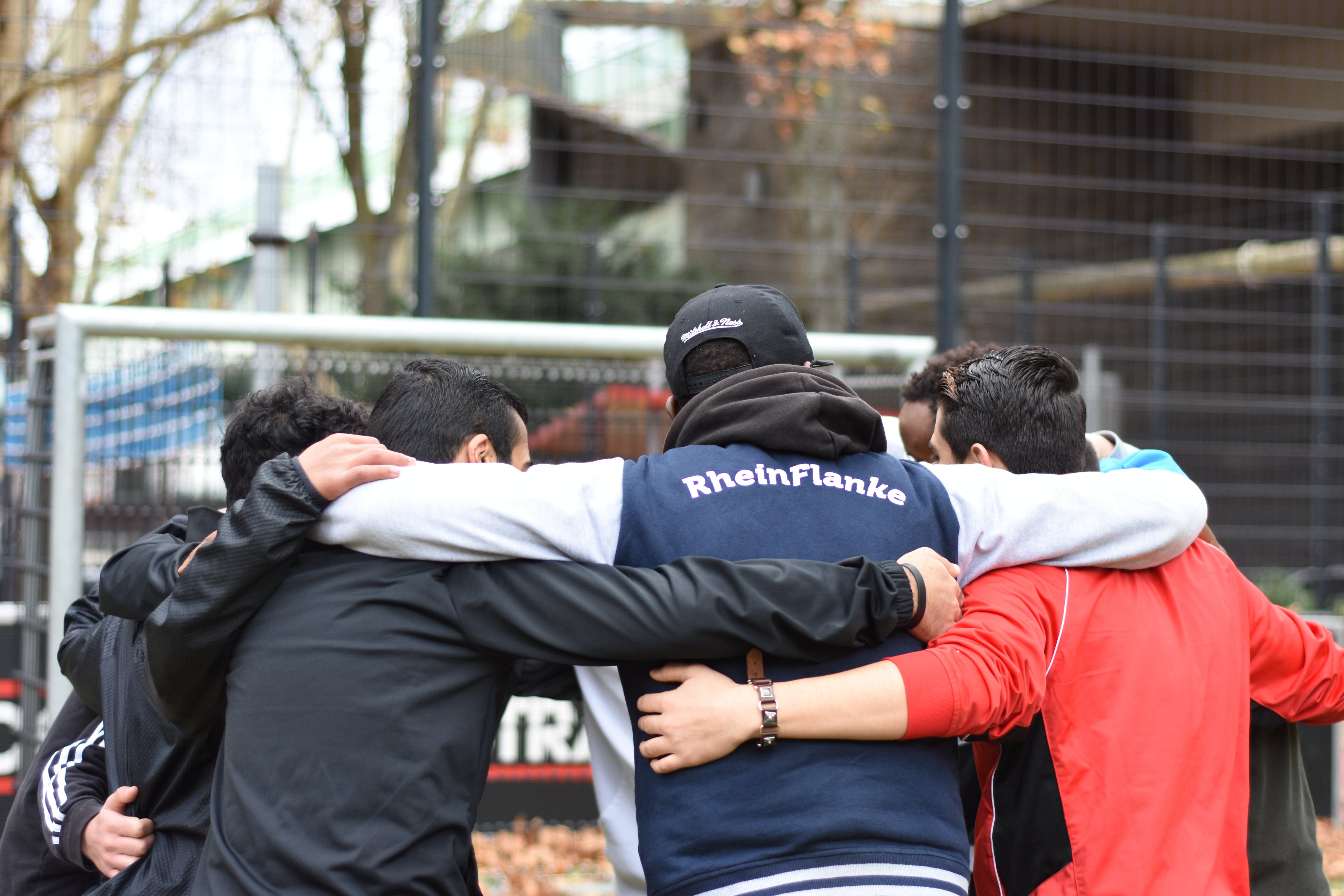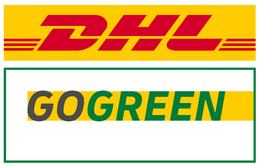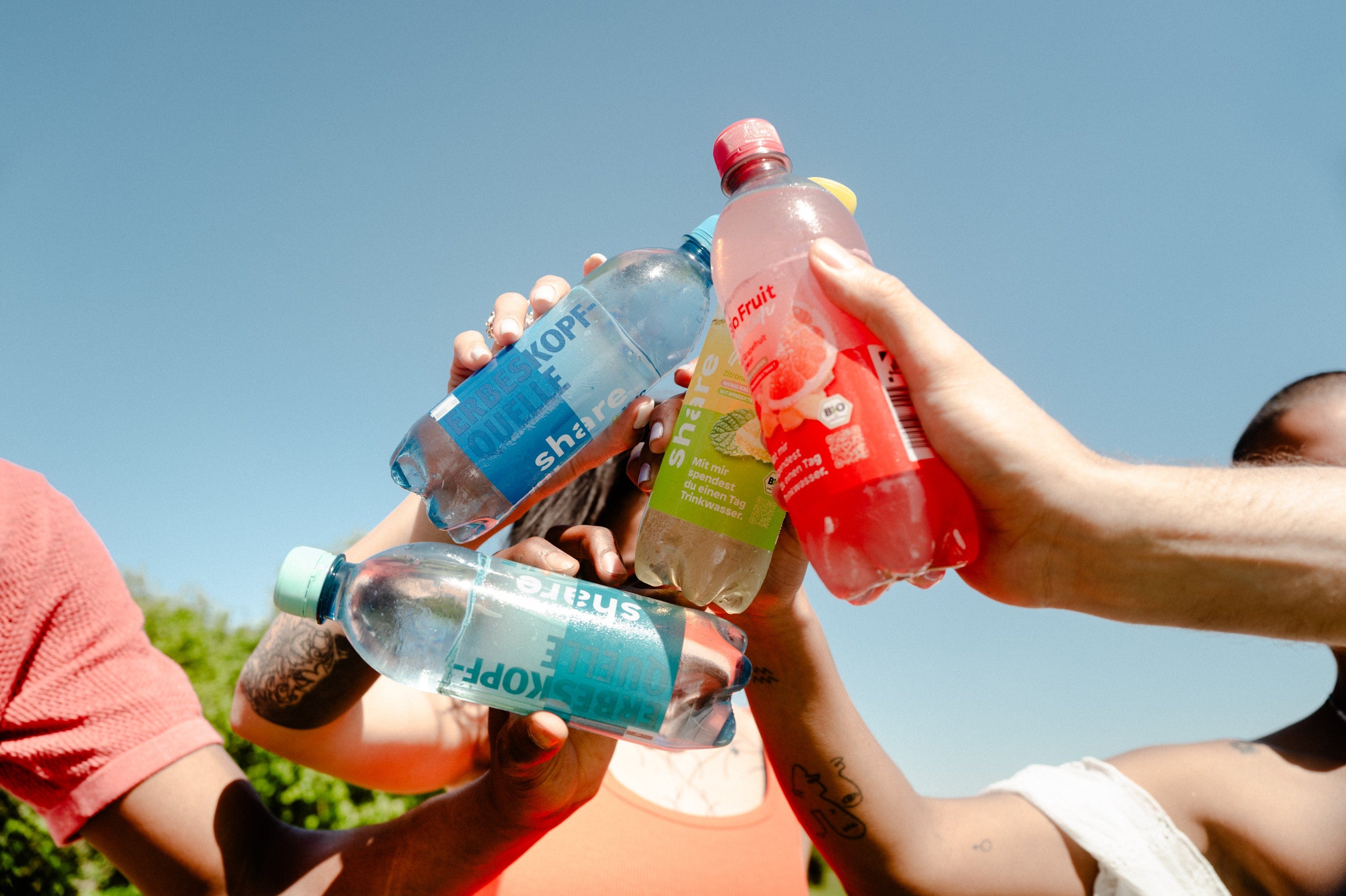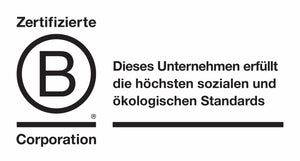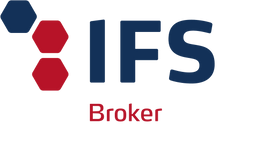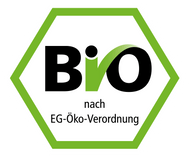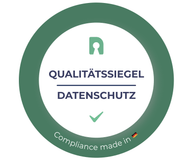You don't have to look far to see hardship; a glance at your own front door is enough: one in six children in Germany doesn't have equal opportunities, and one in seven is at risk of poverty. Those from educationally disadvantaged or low-income households have significantly lower chances of attending a Gymnasium (grammar school), achieving good grades, or securing stable career prospects. According to the Opportunities Monitor , the probability of children from disadvantaged backgrounds attending a Gymnasium is around 26.7%, compared to 59.8% for children from more privileged households. Those disadvantaged in education often carry this inequality with them for a lifetime. However, social inequality doesn't just affect the classroom, but also access to sports and leisure activities – crucial spaces where identity, trust, and community are formed.

